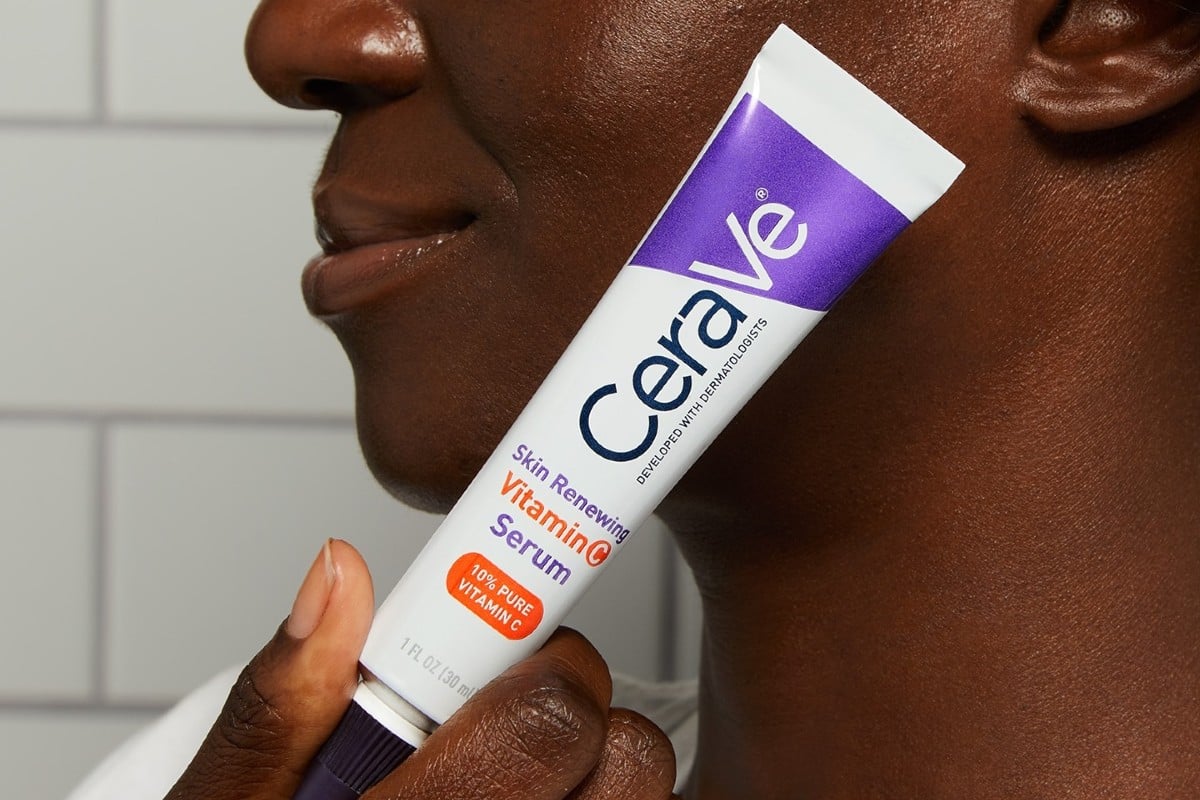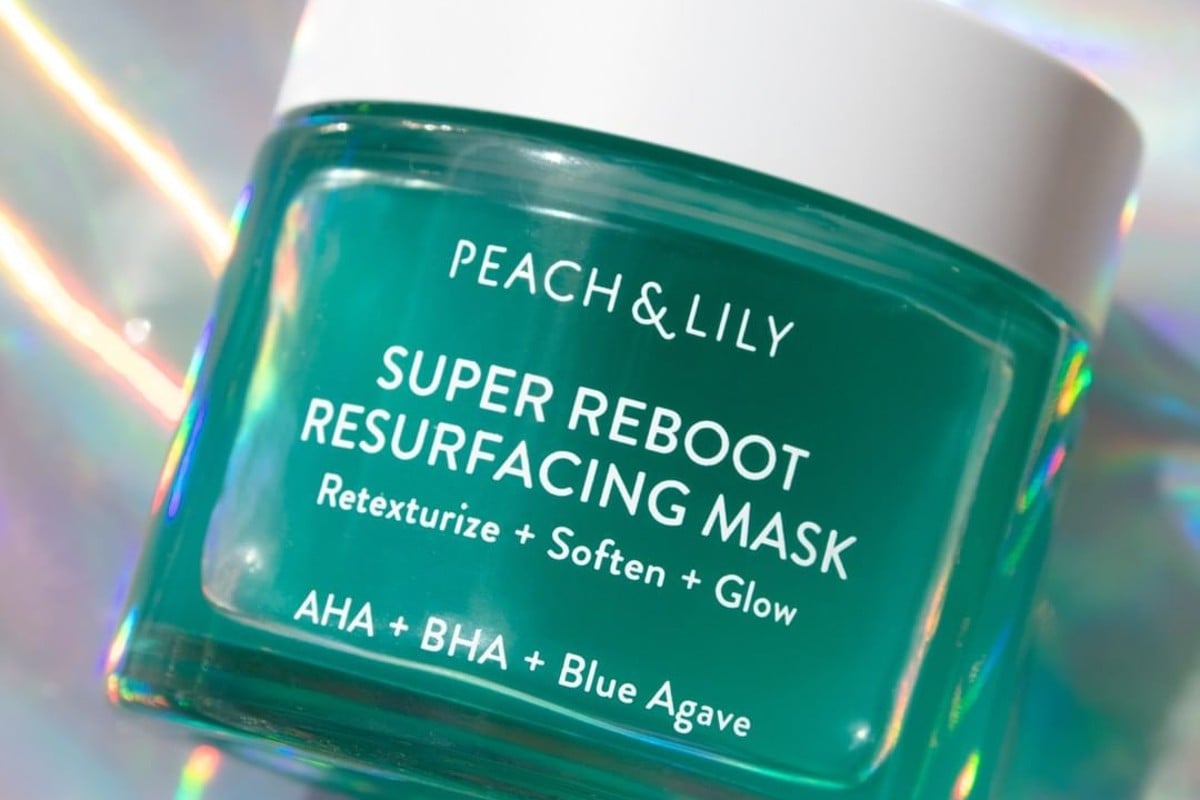How to Care for Sensitive Skin and Develop a Skincare Routine that Works for you
Follow these steps to manage sensitive skin and create a stronger, more resilient complexion.
Do you often experience redness, itchiness and irritation, and your complexion often feels uncomfortable? Or does your skin occasionally break down after exfoliating or prolonged exposure to the sun? All of these may indicate that you have sensitive skin and must be addressed accordingly. From using targeted topical products for your specific skin sensitivity to avoiding common allergens and irritants, every detail is important in caring for your delicate skin without facing these types of adverse reactions again. While no treatment can ultimately make skin unbreakable, there is a lot you can do to bring your skin back to its strongest and healthiest state.
Below I’ll break down all the facts about sensitive skin, share some dermatologist-recommended care tips, and help you develop a personalized skin care routine for sensitive skin.
What is sensitive skin?
Sensitive skin is skin that is easily irritated by external factors and is more prone to reactions such as redness and itchiness than usual. One study defines sensitive skin as “an unpleasant sensory response to stimuli that should not cause such sensations. [1] These sensations are always present and include itching, burning, tingling, tightness and dryness. Contrary to popular belief, sensitive skin is not a specific type of skin, but a long-term condition that can occur at some point in anyone’s life. People with oily, dry or combination skin can still have sensitive skin.
Genetically sensitive skin is considered more delicate because it is less pigmented, has less skin lipids, a thinner epidermis and blood vessels close to the skin’s surface.
These are the signs that you have sensitive skin:
Persistent redness
Itching and burning sensations
Rashes
Dry patches
Flaking skin
Acne
Low tolerance to skin care products
What causes skin sensitivity?
While there are several factors that can trigger sensitivity, a weak epidermal barrier is the root cause of skin sensitivity. When the skin lacks the necessary protective lipids, it becomes more susceptible to external damage such as UV rays, chemicals, bacteria and pollution. Other underlying conditions, such as dermatitis, rosacea and acne, can irritate your skin. Some people also experience session sensitivity during the winter months due to unfavorable weather conditions, but again, this is related to the epidermal barrier.
Common triggers of sensitive skin include:
Environmental factors such as sun exposure, wind, cold temperatures, pollution, heat and bacteria.
Topical products containing compounds such as alpha-hydroxy acids, propylene glycol, alcohol and fragrances.
Over-exfoliation and over-cleansing.
Diseases such as dermatitis and acne.
Inflammation.
Sensitivity and Sensitive Skin
If your skin suddenly becomes sensitive, it doesn’t necessarily mean you have sensitive skin, but rather sensitive skin. Although both have the same symptoms and respond similarly to external factors, they are different. Sensitive skin is caused by a weak protective barrier function to which you are genetically susceptible, while allergic skin is a temporary condition caused by a reaction to certain irritants. You can treat allergies by eliminating the triggers that cause them. On the other hand, you cannot treat sensitive skin because it is largely genetically programmed, but you can manage and control it.
Things to avoid if you have sensitive skin:
The first step in managing sensitive skin and restoring health is to eliminate all possible triggers from your lifestyle:
Avoid topical products that contain fragrances or alcohol, as they can both irritate the skin.
Avoid cleansers containing sulfates, detergents and astringents as they can strip the skin of essential moisture.
Avoid products containing high concentrations of retinoids and chemical exfoliants, as they can damage the skin’s protective barrier.
Avoid scrubbing.
If you have oily and acne-prone skin, avoid acne-causing ingredients, as they can clog pores and inflame the skin.
Avoid prolonged exposure to the sun and long, hot showers.
Avoid over-cleansing.
In addition, it is important to be aware of the pH of the skin’s acidic outer film and to avoid anything that could damage it. The acidic protective film keeps the entire lipid barrier in place and keeps the skin well hydrated.
When the acidic protective layer is depleted, external threats are more likely to enter the skin and cause inflammation and other sensitivities. Excessive facial cleansing, alcohol consumption, heavy sweating, pollution, chemical acids, astringents, cleansers, ascorbic acid (the pure form of vitamin C), and topical antibiotics can alter the pH of the skin and change the acidic outer film. [2]
Dermatologists – Recommended Routine for Sensitive Skin
This is the complete routine for caring for sensitive skin. Basically, it’s all about using gentle products designed to restore and strengthen the skin, avoiding harsh formulas, and using sunscreen.
Step 1: Cleanse sensitive skin with a cleanser
If your skin feels tight and uncomfortable after washing your face, you know you’re using the wrong cleanser. If you have sensitive skin, be careful to use a cleanser that is gentle and won’t flake off. Ideally, it should contain mild actives such as glycerin, hyaluronic acid and ceramides, and skip harsh compounds such as sulfates, synthetic fragrances and essential oils. In addition, a good quality cleanser for sensitive skin should have a pH closer to your skin’s pH, which is around 5-6, to avoid damaging your barrier. To be on the safe side, use hypoallergenic cleansers designed for sensitive skin.
La Roche-Posay Toleriane Hydrating Gentle Face Cleanser, Aveeno Calm + Restore Nourishing Oat Cleanser and Elemis Sensitive Cleansing Wash are some of our favorite cleansers for sensitive skin. Cleansers.
Step 2: Soothe your complexion after cleansing
While you may think a toner is unnecessary, it’s a great way to remove excess dirt and grime, balance the skin’s pH and act as a “carrier” for subsequent skincare products. Essentially, sensitive skin needs a pH-balanced toner to soothe and nourish the skin. Chamomile, aloe vera and hyaluronic acid are perfect for adding to toners. In addition, the ingredients that are not in the toner are just as important as the ones that are. Therefore, avoid formulations that contain synthetic dyes, mineral oils, parabens and dry alcohols such as industrial alcohol, ethanol, methanol, benzyl alcohol and isopropyl alcohol.
CeraVe Moisturizing Toner, I’m From Rice Toner and Eminence Soothing Chamomile Tonique work well for problematic complexions.
Step 3: Apply Serum for Sensitive Skin
Serums are designed to provide a high concentration of actives, so they are the perfect way to strengthen the epidermal barrier and make your skin less sensitive. In general, you should use a serum that contains gentle ingredients formulated to repair and strengthen the skin, soothe it and provide antioxidant defense. Some of the most effective skin repairing ingredients include
Niacinamide and peptides (regenerating)
Vitamin C, green tea and Centella asiatica (soothing and antioxidant)
Panthenol and hyaluronic acid (moisturizing)
Ceramides (barrier enhancement)
Beauty of Joseon Calming Serum, Clinical Skin Vitamin C Pro-Collagen Serum and Drunk Elephant B-Hydra Intensive Hydration Serum are the best serums for soothing and calming sensitive skin.
Step 4: Moisturize
A moisturizer that hydrates, locks in moisture and replenishes the barrier without irritation is ideal for sensitive skin. Consider formulas made with lipids essential to support the protective barrier, such as ceramides, cholesterol and fatty acids. Squalane and shea butter are also suitable for sensitive skin because they lock in moisture and immediately soften. And don’t forget the humectants, namely hyaluronic acid, aloe vera, panthenol and glycerin, which are necessary to help the skin retain moisture. To be on the safe side, look for simple formulas rather than a never-ending list of ingredients. Steer clear of moisturizers that contain unnecessary artificial fragrances, dyes, drying alcohols and synthetic preservatives such as parabens, formaldehyde, BHA and BHT.
Our team recommends: SkinCeuticals Triple Lipid Restore 2:4:2, Avène Tolerance Control Soothing Skin Repair Cream and Burt’s Bees Sensitive Solutions Calming Day Lotion.
Step 5: Sunscreen
Your first line of defense is always sunscreen, so apply it every day, 365 days a year. Because your skin is sensitive, you should avoid chemical sunscreens – such as those containing octinoxate, hydroxybenzone and avobenzone – because they can trigger reactions and allergies. Instead, use a chemical sunscreen that provides mineral light protection from zinc oxide and titanium dioxide because, unlike chemical filters, they stay on the skin’s surface and are not absorbed by the body. Make sure your sunscreen provides broad-spectrum protection (i.e., against UVA and UVB rays) and has an SPF of at least 30.
Our top choices are Neutrogena Sensitive Skin Mineral Sunscreen SPF 60, Isdin Eryfotona Actinica Sunscreen Broad Spectrum SPF 50 and Colorescience Brush-On Sunscreen Powder SPF 50.
Weekly Step: Exfoliation
Despite popular belief, sensitive skin should also be exfoliated, just less frequently and with a mild exfoliator. If you don’t know how to safely exfoliate sensitive skin, here are the essentials: Stay away from harsh scrubs. Instead, use gentle exfoliants such as fruit enzymes or lactic acid, as they remove dead cell build-up from the skin’s surface rather than penetrating the skin, which makes them gentler. Another effective way to exfoliate sensitive skin is to use polyhydroxy acids, such as gluconolactone and lactic acid, which subtly remove dead skin cells and help renew the skin without damaging the barrier.
Bliss Jelly Glow Peel Gentle Fruit Enzyme Exfoliator, Regular 10% Lactic Acid and Neogen Bio-Peel Gentle Gauze Exfoliator gently exfoliate sensitive skin without causing irritation.
Bottom Line
Sensitive skin can be very frustrating and difficult to manage, but with the right routine, nothing can stop you from soothing and protecting your delicate complexion. First, understand the underlying causes of sensitive skin and reduce the triggers. When it comes to skincare, the key is to be gentle. Avoid harsh and scented products and instead choose products that are gentle, hypoallergenic and non-comedogenic. Use products that are formulated for problematic skin and designed to restore the lipid barrier, as this is where the most sensitive skin-related issues begin. Moisturize and apply sunscreen daily.




